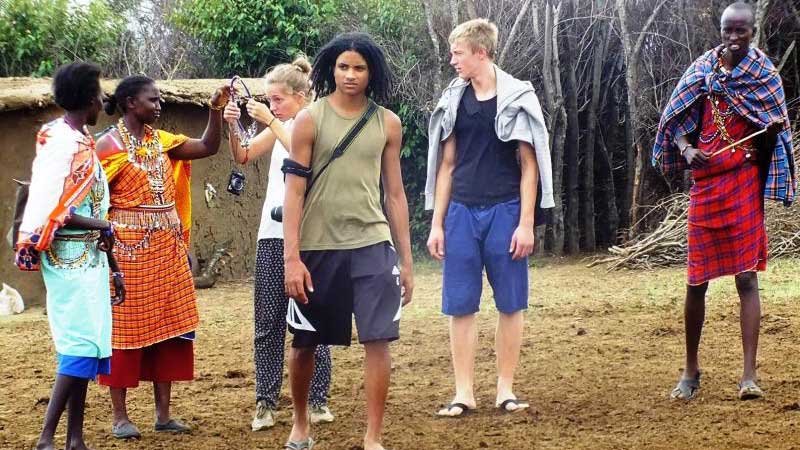×
The Standard e-Paper
Smart Minds Choose Us

For a township that lies right at the edge of a world famous wildlife park, Talek laid back for eons as her peers blossomed on tourism proceeds.
This dusty township by the north-eastern edge of the Masai Mara National Reserve is the perfect example of how solar energy can transform the fortunes of a remote region.